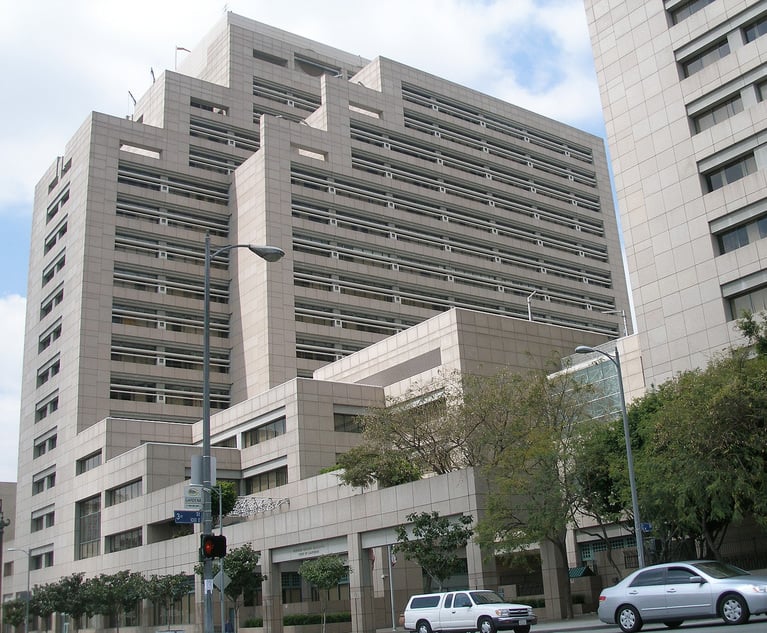Historically, cities and counties (“local authorities”) have had the ability to regulate sidewalk vending under the traditional public safety rubric, including criminal enforcement against offending vendors. Whether, where, and under what terms to allow sidewalk vending was, by its nature, a question left to each unique community to address after weighing the often competing interests of various local stakeholders. All that changed on Sept. 17, 2018, when Governor Brown signed SB 946, the Safe Sidewalk Vending Act, into law. The Act casts aside the hard-fought local compromises and elevates sidewalk vending to a new and prominent status statewide. As of Jan. 1, 2019, local authorities will be prohibited from regulating sidewalk vending in a manner that is inconsistent with the restrictions and requirements in the Act.
What brought SB 946 to the scene?
Sidewalk vending often struggles under stereotypical perspectives that associate it with monolingual immigrant communities, which has also led to fear, misinformation, and criminalization. Recent stories of harassment and targeting by federal immigration authorities added momentum to a statewide effort to decriminalize sidewalk vending. In heralding Governor Brown’s signing of SB 946, the bill’s sponsor, State Senator Ricardo Lara (D-Bell Gardens), stated that “We can start seeing sidewalk vendors for who they are—women and seniors, single parents, and micro-business owners taking that first step to starting their own business.” The letter and spirit of the Act address the issue of protecting a vulnerable population from criminalization and deportation for what is often their only means of making a living.


 T. Steven Burke, Jr., left, and Deborah J. Fox, right, of Meyers Nave Riback Silver & Wilson.
T. Steven Burke, Jr., left, and Deborah J. Fox, right, of Meyers Nave Riback Silver & Wilson.




